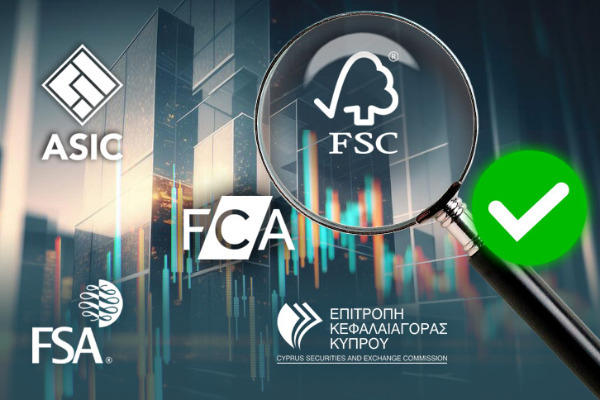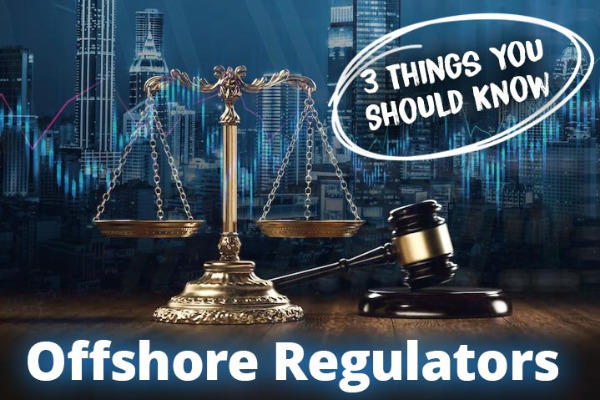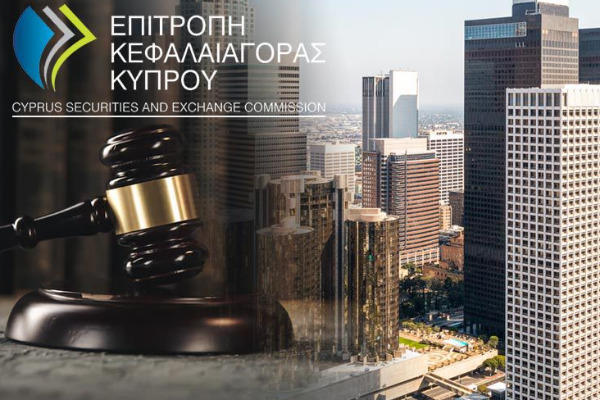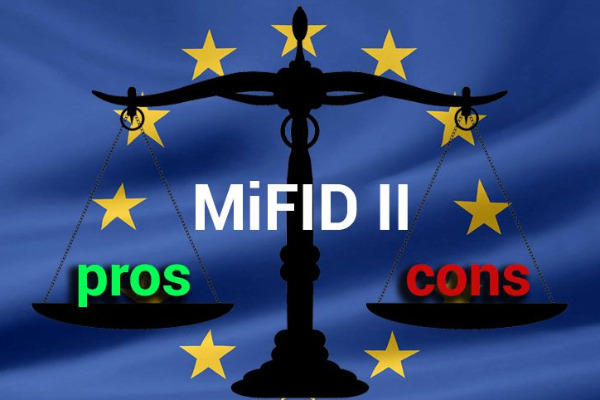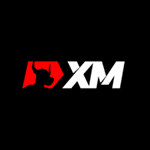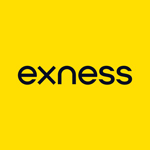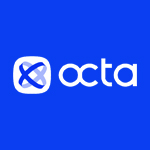Both UK FCA and US CFTC are reputable financial regulatory bodies. However, both has different mandate and powers.
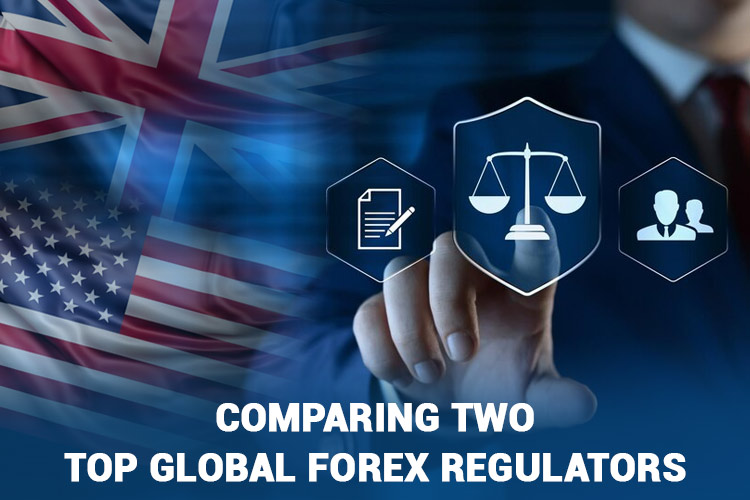
The UK FCA regulation has delivered some of the finest global brokers. On the other hand, the CFTC, as the US watchdog, has arguably established the strictest law enforcement in the financial market worldwide.
Which forex trading regulation is the most credible? Let's find out what it means for forex brokers to hold FCA and CFTC licenses.
Both are excellent, but there are several distinctive qualities.
- FCA: The financial regulatory body of the United Kingdom, focuses on the regulation of conduct by both retail and wholesale financial services firms including the London Metal Exchange (LME).
- CFTC: The independent agency that regulates the US derivatives markets, which includes futures, swaps, certain types of options, and of course, forex trading.
See further comparison below.
| 🔰Aspects | 🇬🇧FCA | 🇺🇸CFTC |
| 🌎Jurisdiction | United Kingdom | Federal Government of the United States |
| 📅Establishment | April 1, 2013 | October 23, 1974 |
| ℹ️Status | Independent Government Agency | Independent Government Agency |
| 💰Minimum Capital Requirements | vary | USD20 million |
| 📁Segregated Account | yes | yes |
| 📝Best Practices | Forex brokers are not allowed to engage in manipulative trading activities. | Forex brokers are not allowed to engage in manipulative trading activities and should ensure clients can make educated choices. |
| ⚖Leverage Limits | between 30:1 and 2:1 | 50:1 |
Each agency stipulates their own rules in accordance with the mandate they receive. We don't have to learn everything about the regulatory bodies that supervise our brokers, but we have to know what an FCA license or a CFTC license means.
A Brief Look into the UK FCA Regulation
All firms under UK FCA regulation should fulfill the following requirements:
- Minimum capital requirements: GBP750,000 is required for a dealer's license that enables the company to operate as a "market maker". GBP 150,000 is required for an intermediary license so the business can provide STP execution. The least expensive option is a restricted broker license, which just requires GBP75,000—but it prohibits the business from holding customer funds. Minimum capital requirements are subject to changes from time to time, so see the FCA official site for updated information.
- Segregated account: FCA will keep a close eye on the licensed companies to make sure that client funds are kept in separate accounts, that monthly reports and audits are completed, that AML and KYC processes are followed, and that clients are properly informed about any risks.
- Best practices: Forex brokers with FCA licenses are not allowed to engage in manipulative trading activities, such as taking positions that run counter to their clients. Additionally, brokers shouldn't entice customers to make riskier trading decisions by making exaggerated claims or providing dubious financial incentives. A severe penalty would be applied for any illegal conduct.
- Leverage: Forex brokers with FCA licenses shouldn't provide excessive leverage. FCA has stipulated that brokers restrict leverage on CFD trading between 30:1 and 2:1 since mid-2019.
Some popular representatives of FCA-licensed forex brokers are Tickmill, Plus 500, CMC Markets, and Pepperstone.
A Brief Look into the US CFTC Regulation
Any individuals and firms working in the United States as a futures commission merchant (FCM), introducing broker (IB), commodity pool operator (CPO), or commodity trading adviser (CTA)—regardless of nationality—must register with the Commodity Futures Trading Commission (CFTC). They must then comply with the following CFTC regulations:
- Minimum capital requirements: A minimum of USD20 million shall be kept in operating capital by CFTC brokers; this amount will increase in proportion to the number of traders and their trading capital.
- Segregated account: The CFTC official site stated that all customer funds for trading on designated contract markets (exchanges) must be kept apart ("segregated") from the futures commission merchant's (FCM's) own funds—this includes cash deposits and any securities or other property deposited by such customers to margin or guarantee futures trading.
- Best practices: Every FX broker under CFTC regulation should abide by fair competition laws and best practices in trading. Customers should always get what is advertised, and brokers are not permitted to falsify any information to obtain unfair benefits. Brokers are not allowed to engage in any financial misconduct that could jeopardize a trader's position; severe fines and license suspension may be imposed for actions like manipulating prices, opening positions against clients, or meddling with the platform. To ensure that every client makes educated choices and receives the finest solution, brokers must also employ knowledgeable and experienced personnel.
- Leverage: CFTC has prevented brokers from offering any leverages more than a 50:1 ratio.
Some notable representatives of CFTC-licensed forex brokers are OANDA, Interactive Brokers, Forex.com, and IG.com.
Conclusion
So, which forex trading regulation is more credible? From the perspective of governance and supervision, FCA and CFTC are equally credible. Both seek to safeguard FX client's interests and maintain best practices in the FX market.
Still, several distinctions might affect your decisions when choosing the best forex brokers. For instance, US traders would be much more protected with US-licensed brokers, while UK traders would be relatively safer with UK-licensed brokers. Other aspects, such as legal leverage limits, may also affect the trader's decision.

 Dedicated FREE FOREX VPS
Dedicated FREE FOREX VPS Free FOREX Virtual Private Server
Free FOREX Virtual Private Server MT4 Demo Contest, Get $500
MT4 Demo Contest, Get $500 Sign Up for an Account, Claim 60% Deposit Bonus
Sign Up for an Account, Claim 60% Deposit Bonus Free MT4/MT5 VPS 2024
Free MT4/MT5 VPS 2024 Send E-mail and Get Free Merchandise
Send E-mail and Get Free Merchandise $1K Refer a Friend Bonus for Pepperstone Pro clients
$1K Refer a Friend Bonus for Pepperstone Pro clients Maximize Your Earnings with 100% Deposit bonus
Maximize Your Earnings with 100% Deposit bonus Trade to Win, $5,000 Monthly Demo Contest
Trade to Win, $5,000 Monthly Demo Contest Claim 30% + 15% Deposit Bonus from LiteFinance
Claim 30% + 15% Deposit Bonus from LiteFinance

